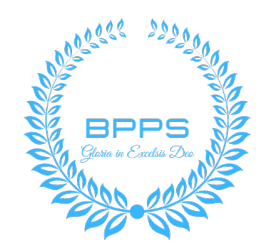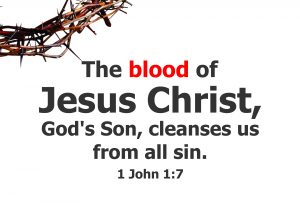You can read this true story of how I lost a crucial interview on LinkedIn.
The Backdrop
Sometimes the blind spot (what the interviewer considers as most important or his/her passion, hobby etc.) of the interviewer can deny the candidate a job. Here’s a true story from my life that illustrates how this happens.
Once I was asked by a friend in the HR Department of a MNC to attend an interview for a Trainer’s Profile. I was working elsewhere during that time. So I was not particularly interested in that position. Yet since he asked me I attended. This was in the year 2000. It was held at a well-known 5-Star Hotel in the city. The interview board consisted of five people who were really experienced people. One of them (whom I later came to know gave motivational coaching to the Indian cricket team) saw my bio-data and said, “This looks impressive.” I was pleasantly surprised because at that time I just had a limited experience in training.
I enjoyed the interview which took around 45 minutes. That night my friend called me. I told him that I enjoyed the interview and asked him what the interview board thought about me. The reply was succinct and true: “This guy is definitely talented; but not interested in the job.” But they were generous to offer me an opportunity to attend the next level of interview, if interested. I didn’t pursue it further.
The next year, in 2001, my friend again asked me to submit my CV. This time I was looking for a better opportunity and therefore applied. I was feeling encouraged by my performance last year. But this interview board comprised of middle-level managers (I did not know it then) rather than the big shots of last time. Venue was their campus at Technopark, Thiruvananthapuram, the year being 2001. An interviewer in the interview board who started the ball rolling. She asked me to introduce myself. As soon as I told that I am Post Graduate in English Literature; she stopped me midway through my introduction and started a rapid-fire round. Here goes the transcript:
Interview Success Is About Your Passion
The Transcript
“Who is your favourite poet?
I had none. Yet to answer her question I said, John Milton.
She asked again, “Quote some lines from Paradise Lost (which is John Milton’s greatest work and considered to the greatest epic poem in English Literature).”
It was then six years since I had completed my study and out of touch with my subject. But I tried hard to recollect and said, “His tongue dropped manna, but all was false and hollow.” I quoted those lines and escaped without much hurt though the quote in correct version is “But all was false and hollow; though his tongue Dropped manna.”
Then came her next question, “Don’t you like John Keats?”
I had no particular liking for this poet; so I mumbled, “He is also a good poet.”
The next question came (I was almost expecting it, and you might have guessed it too.), “Quote some lines from John Keats.”
Without much difficulty I said, “Heard melodies are sweet, but those unheard
Are sweeter.” (She was completing the lines before I finished. Kindly note this point!)
She asked me, “From which poem is that taken from?” I fumbled; but with some prompting I was enabled to say. “Ode on a Grecian Urn.”
The supplementary question followed: “A thing of beauty is a joy forever.” “From which poem is it taken?” I took more time to think; and she herself gave the answer, “Endymion.” [I had started to wonder why she was so much interested in Keats, while the job requirement had to do with training IT Professionals in soft skills.]
Then came the next thunderbolt; “What’s your opinion of Shakespeare? (By this time I had become terribly frustrated and knew that the interview was heading towards disaster.)
So I said in a terse, half-hearted manner; “He’s a good writer.”
“Just good?” was her response. (I think she had expected to hear a traditional praise of Shakespeare which was not forthcoming from my side.)
I amplified my answer, “He makes great stories of simple things.”
She became a little bit furious, “Isn’t that great?”
I became defiant by then and this was my reply, “That’s what all writers do.” [I knew that the interview was practically over for me by then.]
This person never gave the other two in the interview board any chance to ask questions.
After a few other questions, in a final effort to redeem the situation, my friend in the interview board interrupted her flurry of questions and asked me, “Bejoy, how would you sum up in a sentence or two what you have done so far in life?”
I looked straight into her eye and said, “Have something to say; and never fear to say it.”
After a few more questions the interview got over. I was told, “We’ll inform you later.” I left.
That night my friend did not call me unlike last time. So I called him late in the night and asked him, “Is this the way you conduct an interview?” He said, “We need to know everything about a candidate,” in a defensive manner.
The Redemption
A couple of years later I came to know that my friend was being promoted and transferred to an overseas assignment. I went to wish him well. I sat with him for nearly an hour and tried to understand what they looked for in a candidate especially in a campus interview. I had always wanted to ask him this question since he had recruited hundreds of students from Campuses across India. We spoke for some more time.
Then both of us stood up and shook hands. Then he said, “Bejoy, I’m sorry the way the interview was conducted two years ago.” Needless to say, I did not get through that interview just because one of the interviewers had a blind spot for quotations

